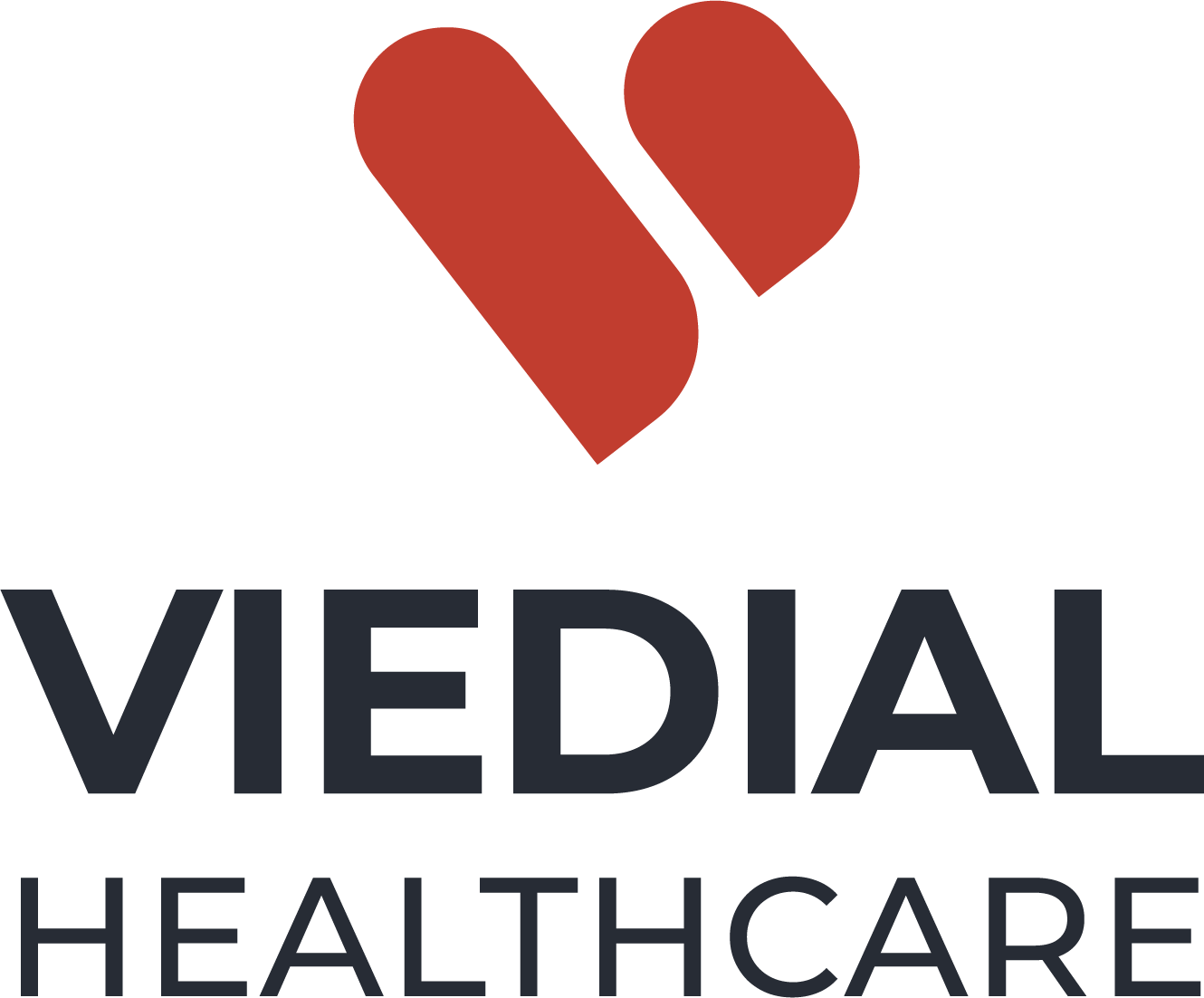Heart conditions, often spoken about in the same breath, have distinct differences that everyone should understand. The confusion surrounding heart failure vs. heart attack can have serious implications on how one perceives and responds to potential symptoms. By delving into the specifics of each condition, we can arm ourselves with knowledge and make informed decisions about our heart health.
Heart Failure: A Chronic Condition
Heart failure is a progressive, chronic condition where the heart doesn’t pump blood as efficiently as it should. While the term “failure” might sound like the heart has stopped working, it actually means that the heart can’t keep up with the body’s demands for oxygen-rich blood. Over time, heart failure can weaken the heart, making everyday activities exhausting.
Heart Attack: An Acute Event
Contrasting heart failure, a heart attack is a sudden event where the blood flow to a part of the heart muscle gets blocked. This blockage, usually due to a blood clot, can damage or destroy the affected heart muscle. It’s a medical emergency requiring immediate intervention to restore blood flow and minimize permanent damage.
Symptoms: Key Differences
When comparing heart attack vs heart failure, the symptoms are quite distinct:
- Heart Failure: Symptoms might develop gradually and include fatigue, shortness of breath, swelling in ankles, feet, or legs, and persistent coughing or wheezing.
- Heart Attack: Symptoms occur suddenly and can range from pain in arms, back, neck, or jaw, chest pain or discomfort, and shortness of breath to stomach pain, cold sweat, or even lightheadedness.
Causes and Risk Factors
Both heart conditions have specific causes and risk factors:
- Heart Failure: This might result from conditions that have damaged or overworked the heart muscle, such as coronary artery disease, high blood pressure, or previous heart attacks.
- Heart Attack: Typically caused by coronary artery disease, which leads to the buildup of fatty deposits in the walls of coronary arteries. Over time, these deposits can rupture, leading to a clot and potentially a heart attack.
Treatment Approaches
The approaches to treat these conditions differ based on their nature:
- Heart Failure: Management often involves medications, lifestyle changes, and sometimes devices or surgical procedures to support the heart’s function and improve quality of life.
- Heart Attack: Treatment focuses on restoring blood flow to the heart, usually with medications, surgical procedures, or both.
Prevention: Common Ground
While heart failure and heart attack have distinct characteristics, their preventive measures overlap. A heart-healthy lifestyle, regular check-ups, managing chronic conditions, and staying physically active are essential steps in the right direction.
Heart Health Monitoring
As we understand the nuances of heart health, it becomes clear that proactive monitoring is vital. Regular medical check-ups, awareness of personal risk factors, and understanding potential symptoms can make all the difference.
The Role of Genetics and Family History
It’s also important to recognize the role that genetics and family history play in our heart health. Individuals with a family history of cardiovascular diseases may have a heightened risk of both heart failure and heart attacks. Genetic predispositions can influence how our bodies handle cholesterol, blood pressure, and other heart-related functions. Being aware of one’s family history allows for tailored preventive strategies, from earlier screenings to specific lifestyle modifications.
Psychological Factors and Heart Health
Another vital consideration is the relationship between psychological factors and heart health. Chronic stress, depression, and anxiety have been linked to a higher risk of heart disease. The mechanisms are multifaceted – from direct physiological effects, such as increased blood pressure, to indirect impacts, such as unhealthy lifestyle choices prompted by stress or depression. Addressing emotional and psychological well-being is not only crucial for mental health but also as a preventative measure for cardiovascular diseases.
Importance of Diet and Nutrition
Diet plays a pivotal role in heart health. Consuming foods high in saturated fats, trans fats, cholesterol, and sodium can increase the risk of heart disease. On the other hand, a diet rich in fruits, vegetables, whole grains, and lean proteins can promote heart health, reducing the risk of both heart failure and heart attacks. Omega-3 fatty acids, found in fish like salmon and trout, have been linked to a reduced risk of coronary artery disease, further emphasizing the importance of dietary choices in cardiovascular health.
Staying Informed: An Ongoing Journey
Heart health is not static; it’s an evolving landscape influenced by age, lifestyle, genetics, and more. Staying informed about the latest research, recommendations, and best practices ensures that individuals are always equipped with the most current knowledge to make the best decisions for their heart’s well-being.
The Power of Knowledge and Tools
Understanding the differences between heart failure and heart attack can shape our response and actions concerning heart health. Find out your risk of having any of this heart problems is also very important. Equipped with this knowledge and tools like the Viedial app, individuals can play a proactive role in their cardiovascular health solution. By tracking symptoms, managing conditions, and staying informed, we empower ourselves to prioritize and protect our heart’s well-being.




